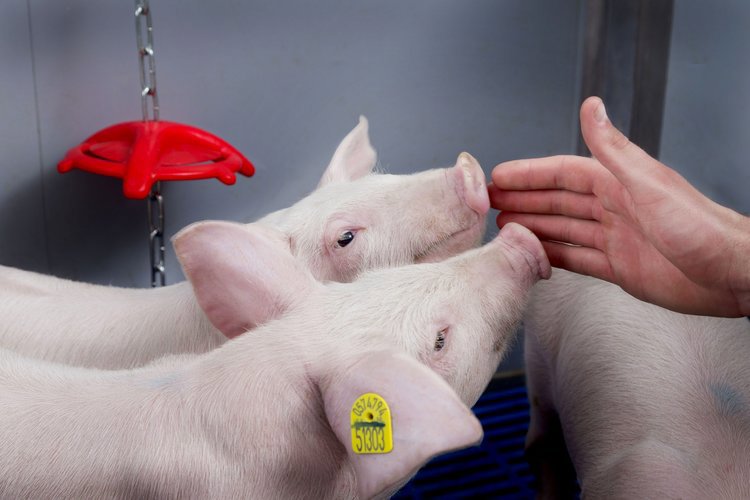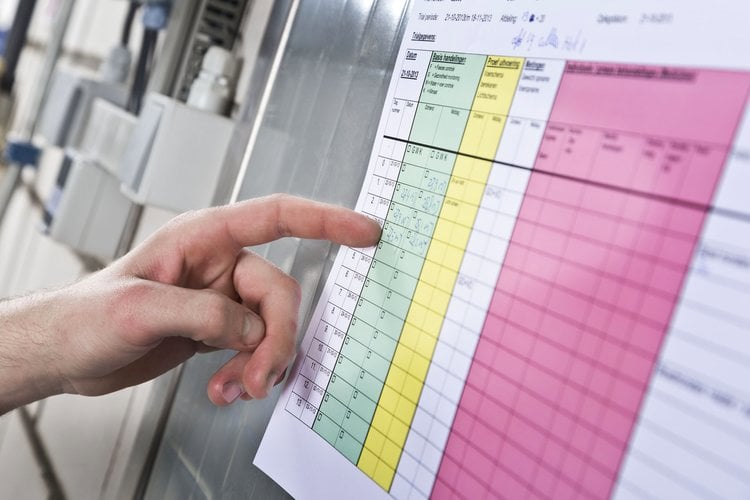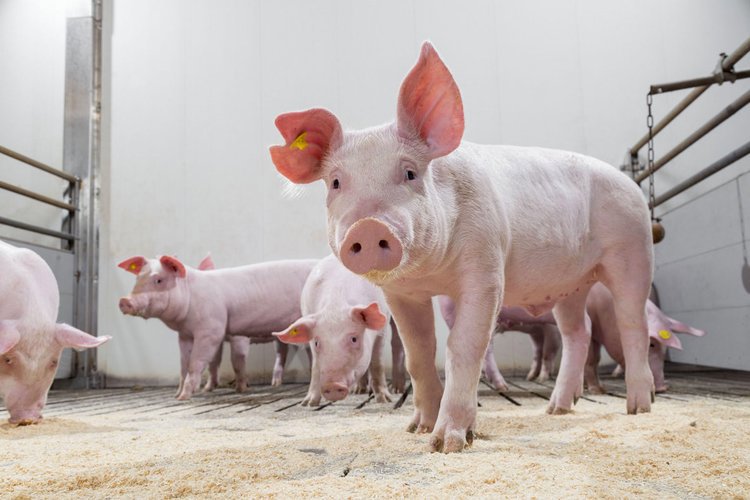
Selko-pH
Selko-pH effectively reduces the pH of water. In this way, Selko-pH supports improved digestibility of diet components and maintains a stable intestinal microbiota. This results in healthy animals with optimal performance.

Water plays an important role in temperature control, nutrient transport, and waste and digestive processes. If compromised, it can negatively affect performance, health and welfare. Insufficient water or feed intake or any unexplained drops in health or performance can indicate water quality issues.

Sub-optimal water quality will negatively impact the health and performance of animals as well as producers’ profitability. Water intake at weaning is low, creating slow flow rates, while environmental temperatures are often high. This slow-moving, warm water creates ideal conditions for bacterial multiplication. When a piglet experiences high bacterial challenge from contaminated water at this time, it can lower its growth rate, decrease feed intake and result in diarrhoea.

It is not only the water source that is important, but also the hygienic conditions in the water system: starting with clean and safe water at the source does not mean that it remains this way until animals drink it. Water hygiene from source to drinker must be part of every biosecurity and farm management programme.